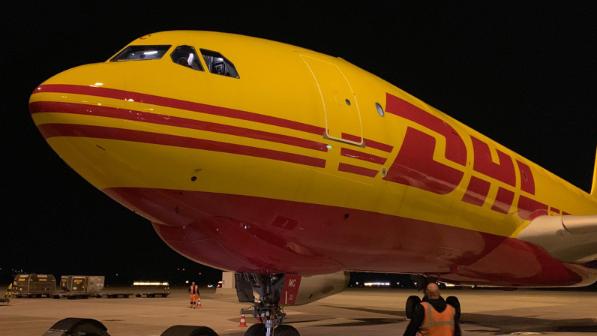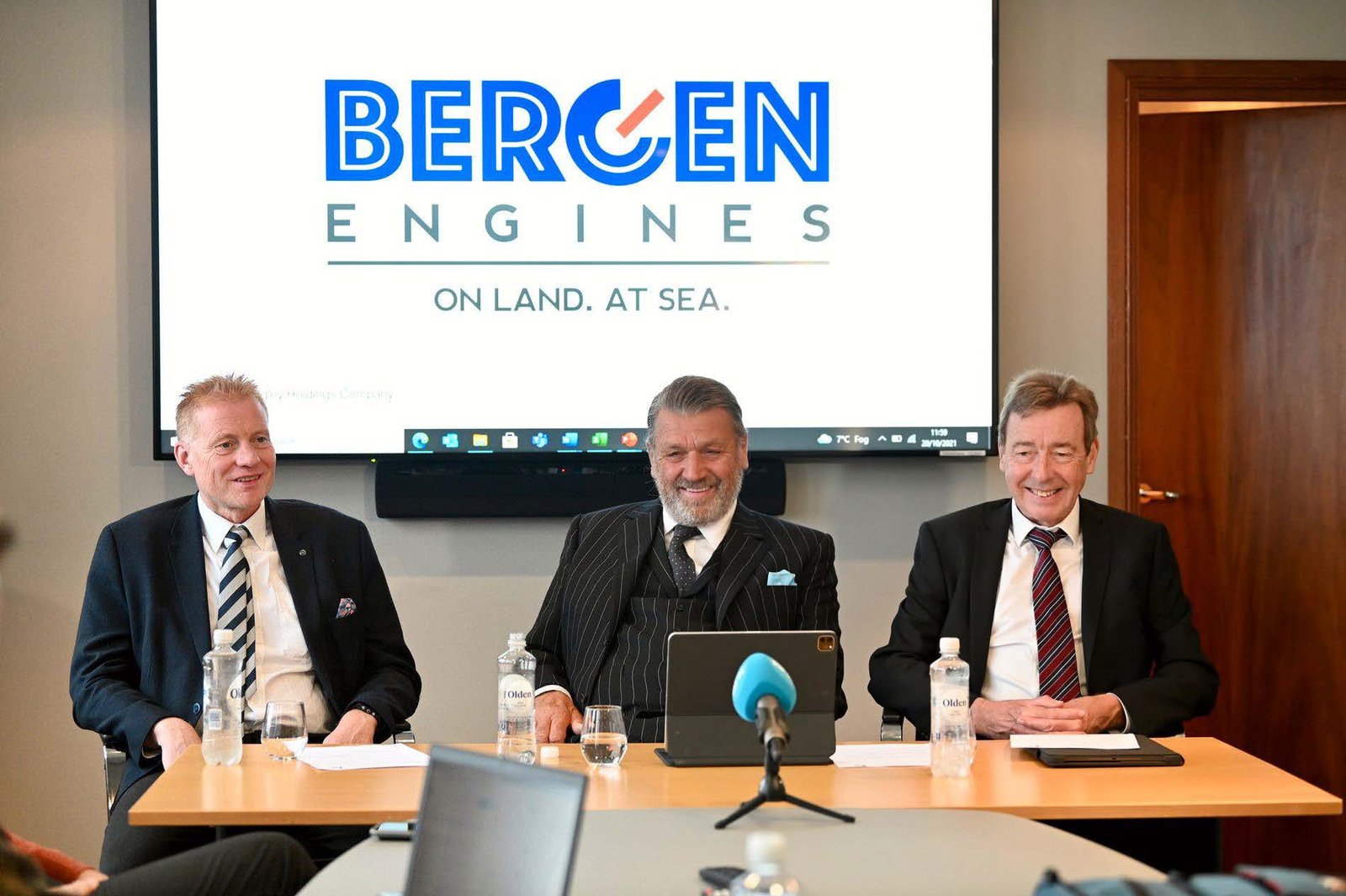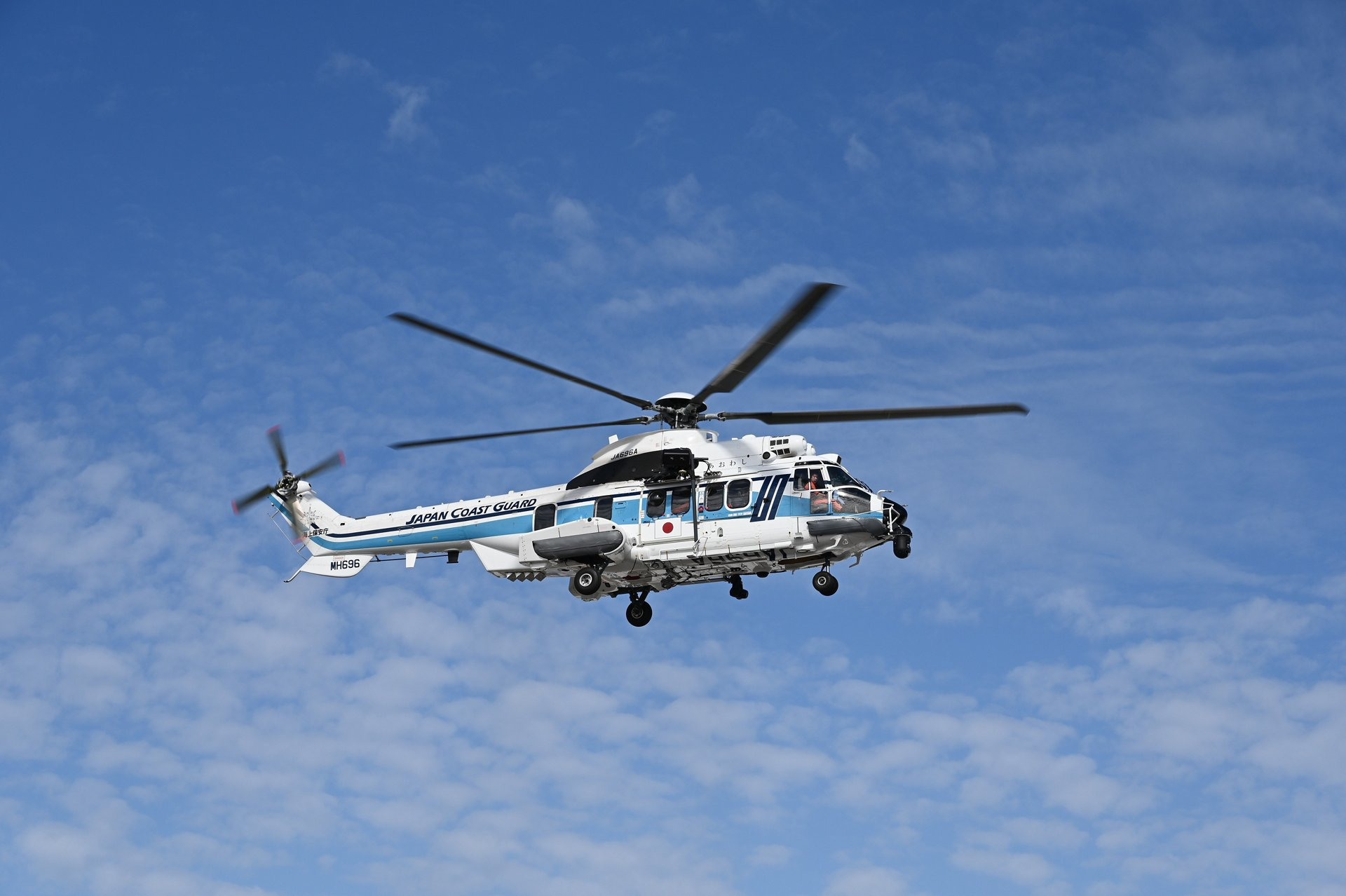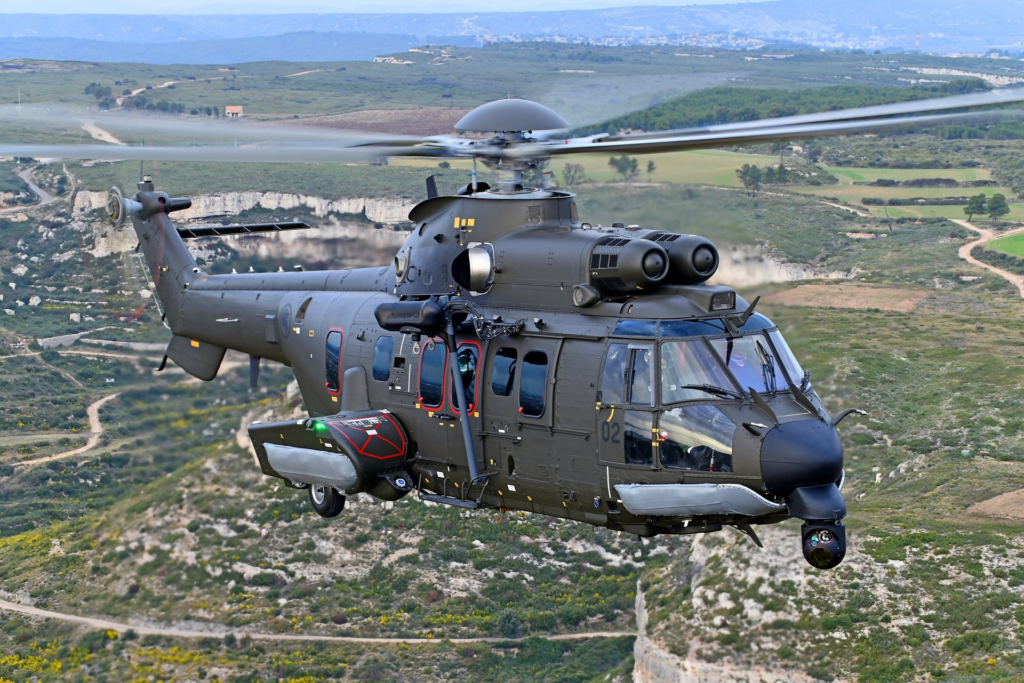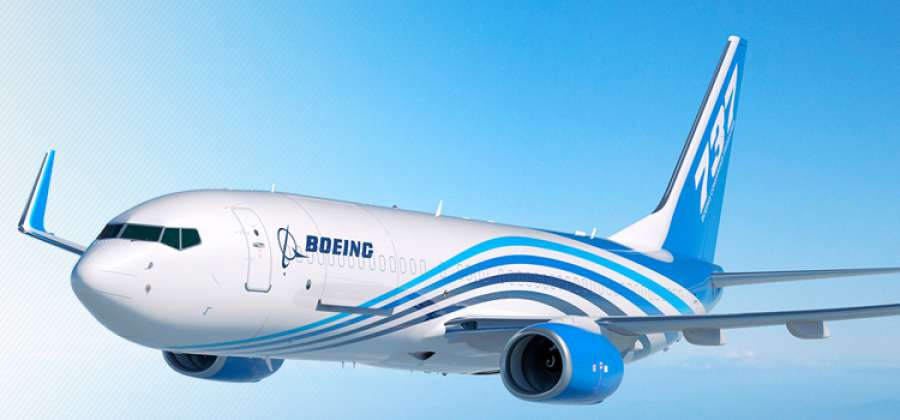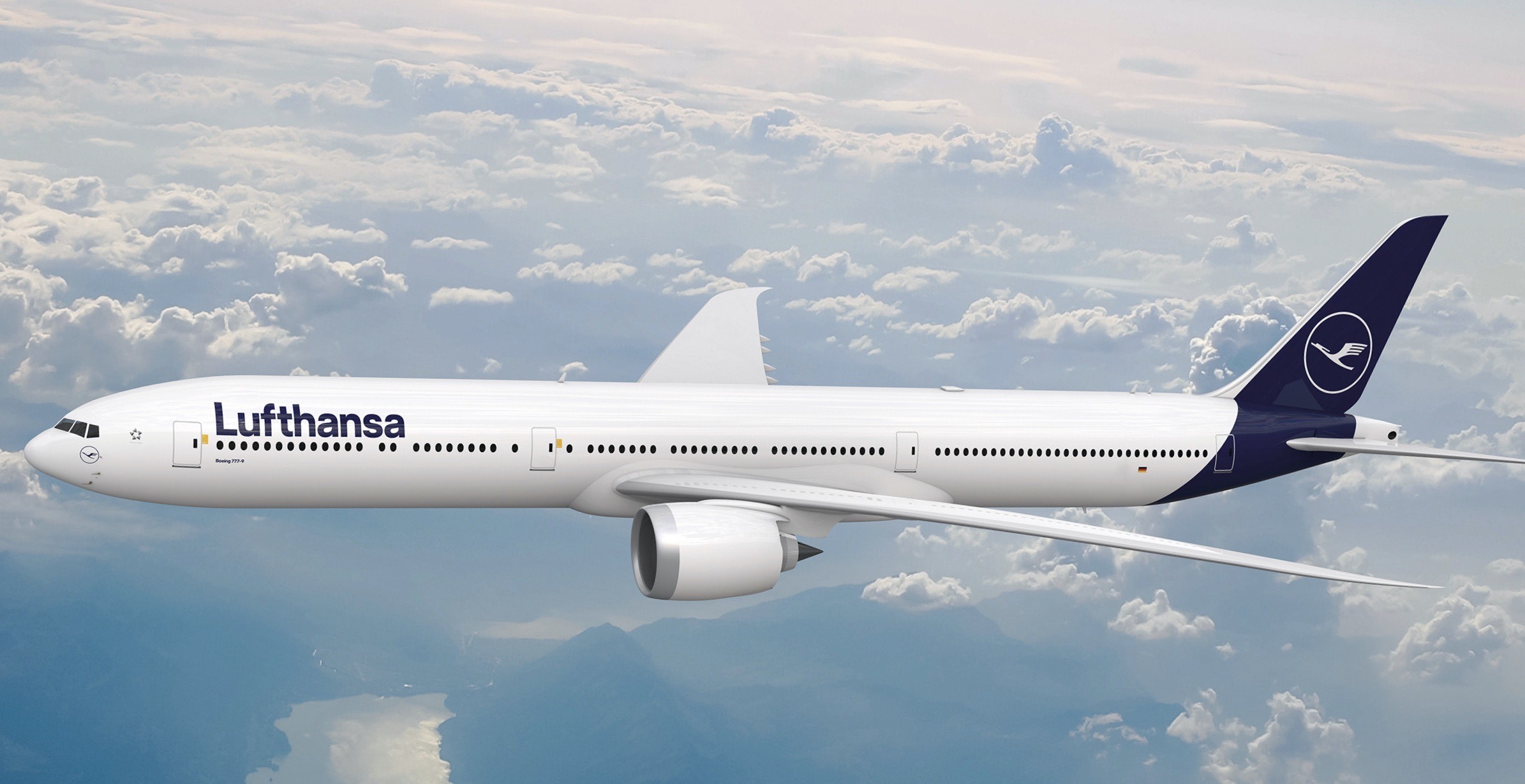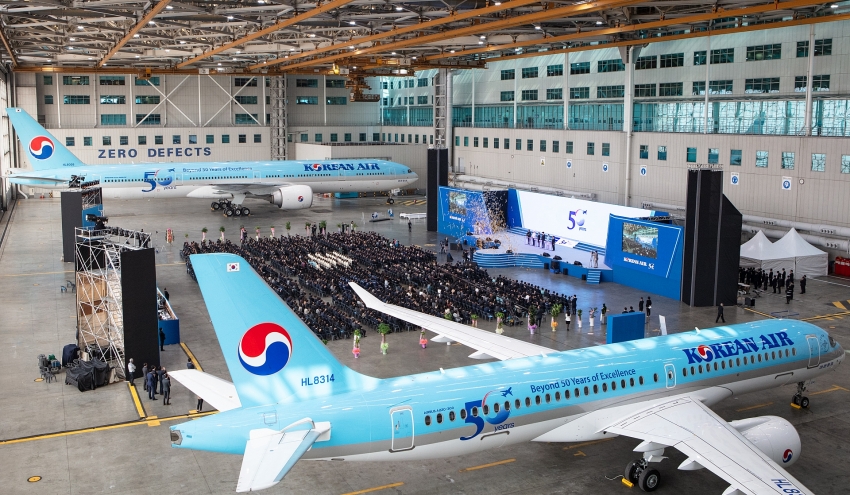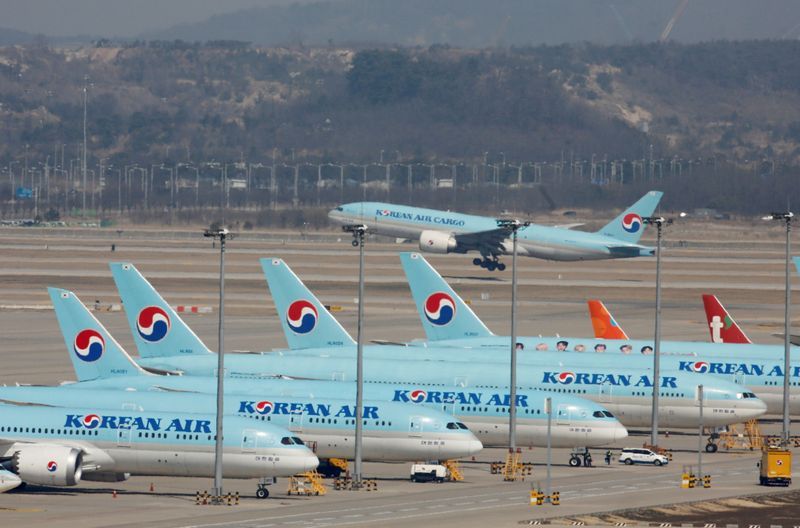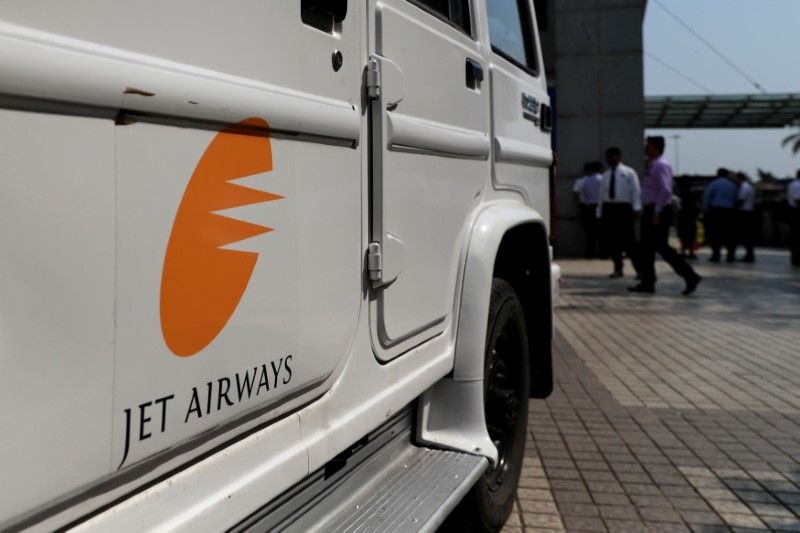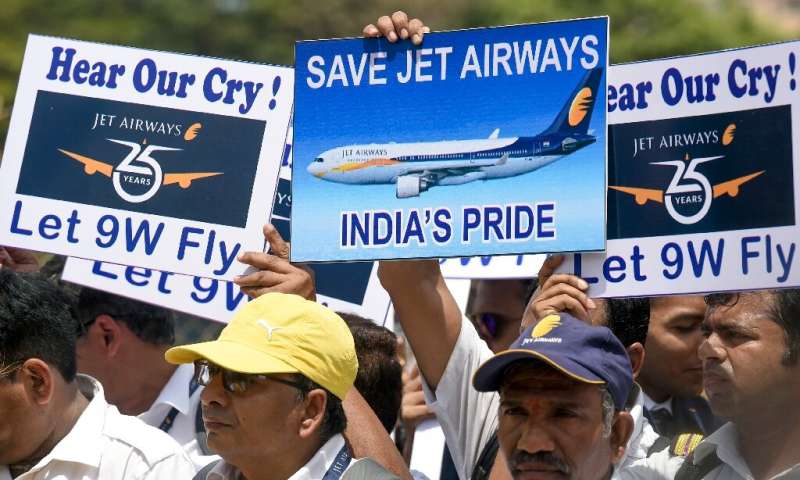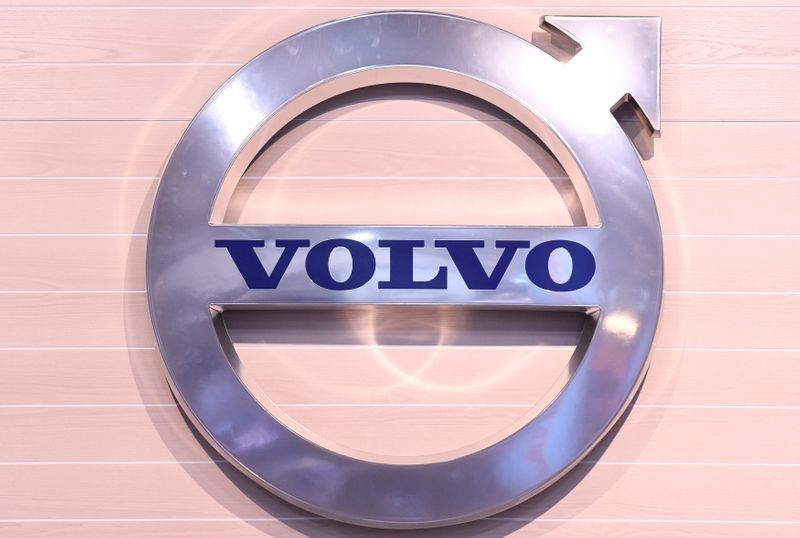In view of the global trend of omni-sourcing, DHL (OTC: DHLGY) Supply Chain, the world’s leading logistics company and part of DHL Group continues its strategic investments into emerging markets and fast-growing economies.
Today, DHL Supply Chain announces a landmark investment of €500 million into the strategically located Latin American markets. These investments made until 2028 are supposed to strengthen DHL’s operations in Latin America. Projects include decarbonizing the domestic fleet through greener alternatives; building, developing and retrofitting its real estate assets and warehouses in the market; as well as significant investments into new technologies, robotics and automation solutions intended to improve workplaces whilst at the same time making operations more effective, flexible and resilient for customers. The investment is part of DHL Supply Chain’s strategic investment plan to further strengthen logistics capabilities in high-demand sectors, such as: Healthcare, automotive, technology, retail, e-commerce, among others.
With the investment into its Latin America infrastructure the DHL Supply Chain is now complementing a long-standing history of strategic investments, acquisitions, and partnerships in the region. Not only the geographical proximity to large consumer markets in North America make the region a springboard to accelerate further growth, it is also the regions own booming sales markets which make it attractive for industries to invest and therewith request additional logistics support.

